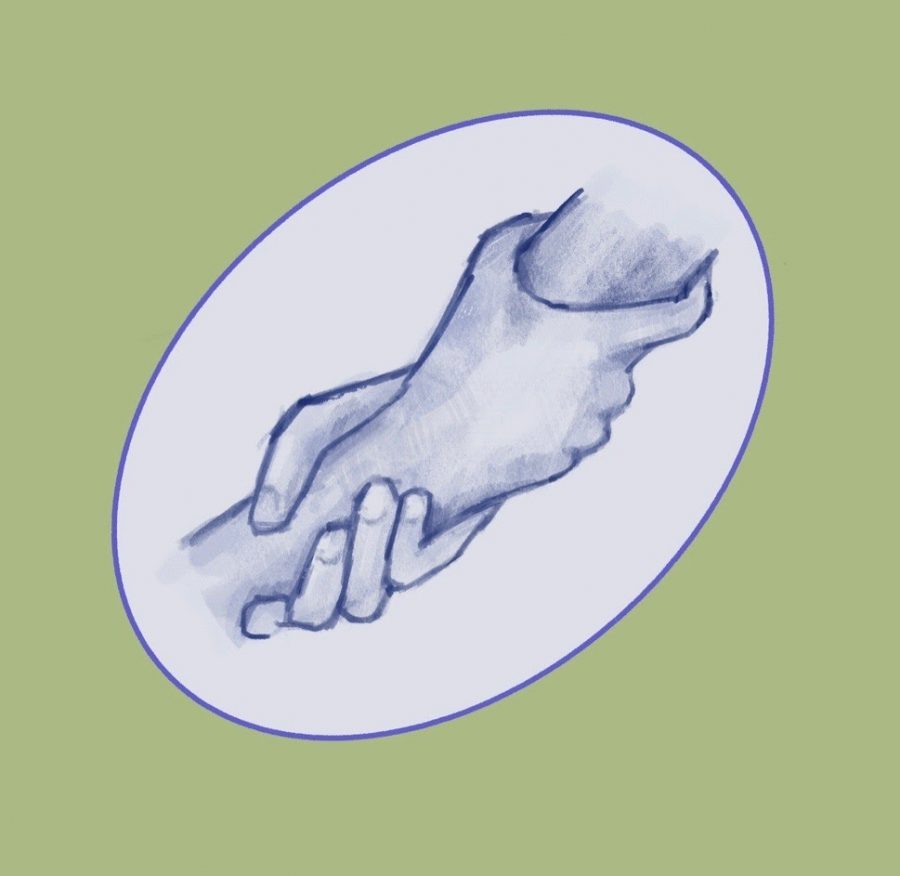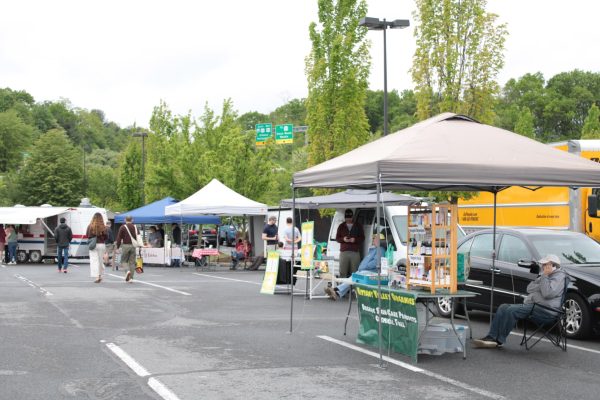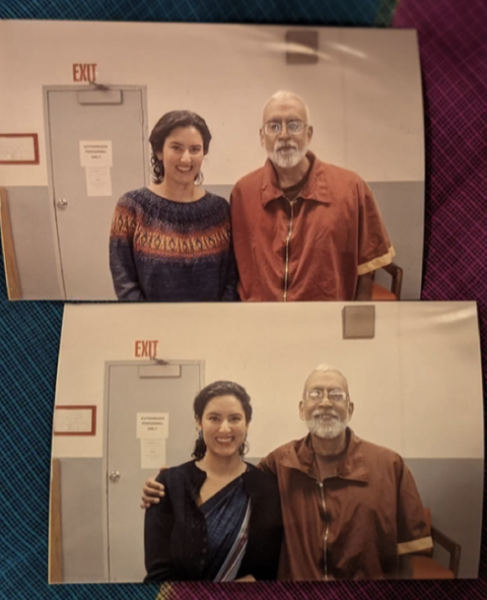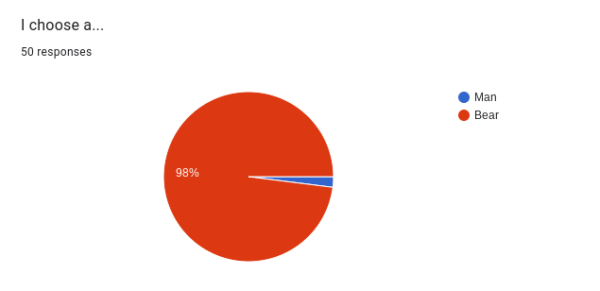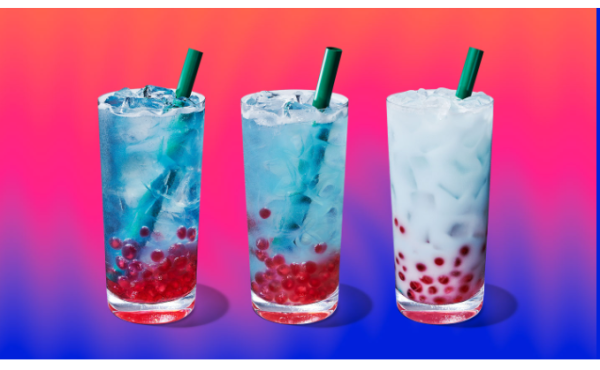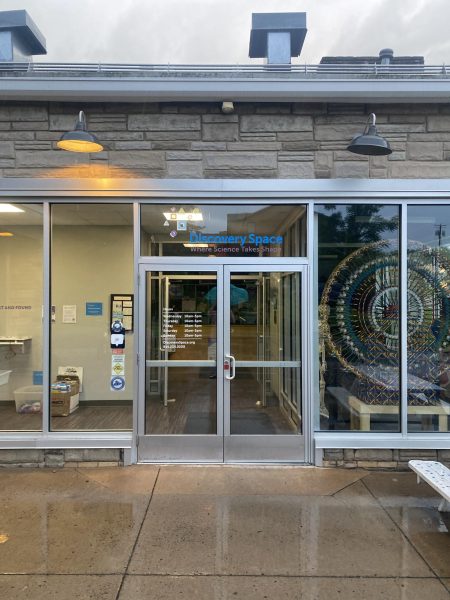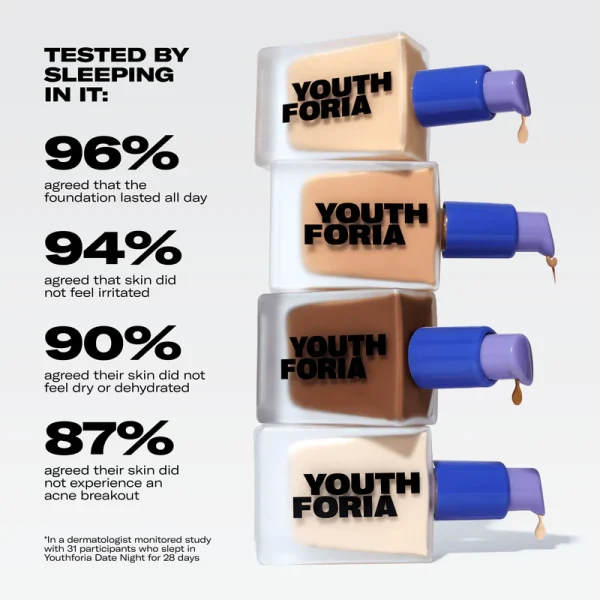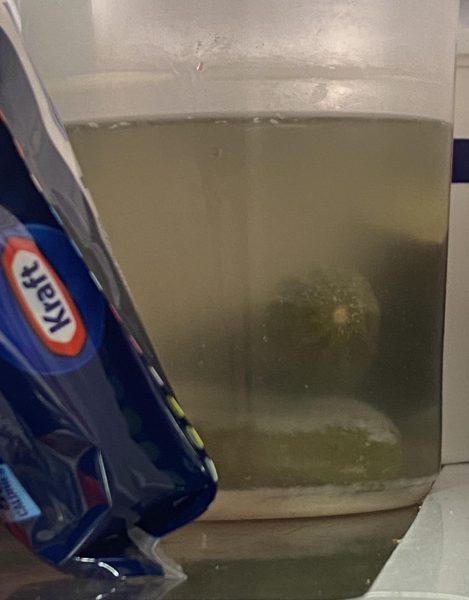Solidarity not Charity: Why Mutual Aid?
The graphic shown above, drawn by Marissa Xu, symbolizes mutual aid by depicting the direct support between one person and another.
October 20, 2021
There are a multitude of reasons to become actively involved with your community through mutual aid rather than donating money to supranational charities. Mutual aid comes with much more reliability and security than charities. The issue with charities is that they focus on symptoms and not causes. They center a general world problem, like world poverty or health crises, only as humanitarian issues, without acknowledging the root causes of these issues: the rich and a global capitalist network of oppression.
When celebrities and people who are in the one percent donate large sums of money to charities, it allows them to paint an image of generosity for themselves. It’s also important to keep in mind that donating to a non-profit can be used to reduce one’s tax payments with the IRS. Is charity truly such a selfless act if it is used for the “givers” to benefit themselves? So, as a result of charity, the rich may appear generous to the general public, but what actually occurs is charities allowing the rich to remain rich while also letting them put on the image that they care about social justice and still actively being the main source of oppression around the world. Charities are “often accountable to the givers not the receivers.” It pushes people away from thinking structural change is necessary both economically and socially.
Poor countries around the world are not poor, they are exploited by the West. Charities make it seem like the Global South is in need of developed countries’ and the West’s help, when in reality, what would truly be the most helpful to it, in the long run, is liberation from the West. In long-term thinking, this would allow for countries in the Global South to be able to exist with stability and without dependence on the Western world.
Now, another issue with charity is that we know who sends the money in but not who keeps it or necessarily where it’s going. For example, UNICEF donates about 89% of its revenue and St. Jude’s about 81%. Naturally, charities have to pay the people who run the charity and keep it going, so not all of a charity’s revenue can be donated. Even so, there is never a way to be sure that the resources which those in need require will be getting to them in the best and most efficient way possible. Truly, the most effective way of getting resources directly to those who need them is through mutual aid.
Now, what is mutual aid? Mutual aid is defined as “reciprocal aid and cooperation as among men in social groups” by Webster’s dictionary. It “is based on the premise that everyone in society has something to contribute.” It also focuses on each individual being able to give what they can while affording necessities: water, food, shelter, standard articles of clothing, etc. It prevents people from having unnecessary money and wealth which they’ll never utilize and instead redistributes it to those who don’t have sufficient wealth enough to afford the aforementioned life necessities. In the words of Open Democracy Net, mutual aid resolves issues from the bottom up, not from the top down.
Mutual aid is much more reliable than charity in the way that the help people in any given community may need is directly given to them by members of their community. Resources that are dependent on charities to arrive to those who need support have to travel through classes, organizations, and people in order to reach them. In addition, with charities, there is a sense of dependency from small communities on the rich (a.k.a. the puppeteers of a capitalist state). So, “mutual aid goes beyond simple charity and patronage – it mobilizes society itself for society itself”; it aims to allow a community to exist without that previously stated sense of dependency on the state or the rich in order to remain healthy.
Over time, the states (governments) have forced people into a Westernized and individualistic way of life. People today don’t know their neighbors and can’t reach out to their community when in need of help. In Chapter 7 of his book Mutual Aid: A Factor of Evolution, Peter Kropotkin writes that “the absorption of all social functions by the State necessarily [favors] the development of an unbridled, narrow-minded individualism.”
He is essentially saying that individuals have become so dependent on charities and governments that people no longer identify with or depend on their local community for support. To doubt this deviously created sense of individualism and “to [have] doubt of its efficacy is to be a dangerous Utopian.” Further on Kropotkin writes: “that individualism may be more or less softened in its harshest effects by charity, but that it is the only secure basis for the maintenance of society and its ulterior progress.” In sum, charities put on a show of usefulness in order to, as previously mentioned, keep people away from thinking about structural change.
However, it is important to recognize that Kropotkin is not responsible for the “creation” of what mutual aid is. Native cultures have long lived by the ideal of “mutual aid” before it was even made up as a concept and was primarily used before colonialism, neo-colonialism, imperialism, and Westernization became rampant around the globe. In relation to this, Kropotkin says if “we cast a broad glance on the present constitution of European society we are struck at once with the fact that … so much has been done to get rid of the village community.” Europeans forced individualistic culture to the front of society to add efficiency to their industrializing, colonizing, and imperializing.
This is all to say that mutual aid is not a revolutionary or original thought: Mutual aid is a non-Western tradition. Indigenous communities have long had interdependency as a part of their cultures and since the rise of Westernization people of color have always used it to survive and take care of each other, particularly in the West. Until the colonial and industrial era happened, Indigenous cultures around the world were highly connected to the modern ideal of “mutual aid.” People of color to this day are targeted for using mutual aid and this cannot be ignored in conversations about it in our communities, especially because “the co-option of mutual aid without accountability amounts to racism.”
In the grand scheme of things, it’s important to note that direct involvement with your community will always go a long way. Go to cop-watch training, help distribute food weekly, learn your pennants rights, donate money directly to those in need, get to know your neighbors, and so on. My personal belief is that giving money to a charity will never amount to the impact of local and community action throughout one’s life. Take this all into consideration and hopefully, soon you’ll find yourself going out into your community and participating in mutual aid activities.

